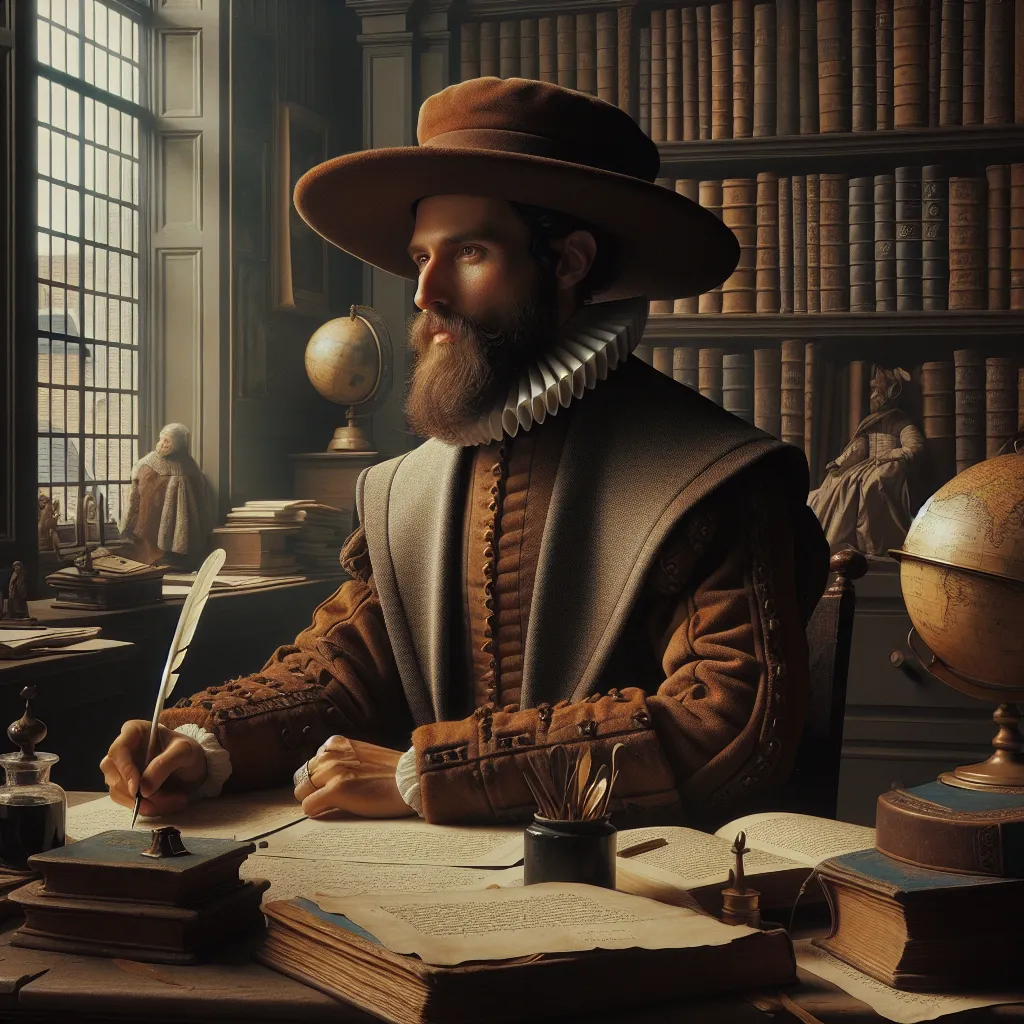Baruch Spinoza: philosophy and his contribution to the Enlightenment

Modern humanistic philosophy owes many of its ideas and concepts to Baruch Spinoza, a Dutch philosopher and thinker of Sephardic Jewish origin.
The Portuguese Inquisition forced his family to leave Spain, compelling them to adopt the Catholic faith in Portugal.
14 May 2025
13 May 2025
5 May 2025

Spinoza is known for his philosophical ideas, the main one being the concept of God as a single, all-encompassing understanding being, as well as his understanding of free will and ethics based on the knowledge of God.
Spinoza developed a new understanding of the relationship between humans and nature, a rational perspective on ethics and religion, and introduced a modern understanding of the universe and humanity's place within it.
He was also one of the first philosophers to break away from the dogmas of religion and the demand for faith, proposing his ideas solely based on reason.
Over time, his ideas became sought after in the field of humanism, and their influence was felt in Enlightenment philosophy and other philosophical schools.
Spinoza is considered one of the most important philosophers of the 17th century and a precursor to many concepts that developed in the following centuries.
Comment
Popular Posts
Popular Offers

Subscribe to the newsletter from Hatamatata.com!
Subscribe to the newsletter from Hatamatata.com!
I agree to the processing of personal data and confidentiality rules of Hatamatata













